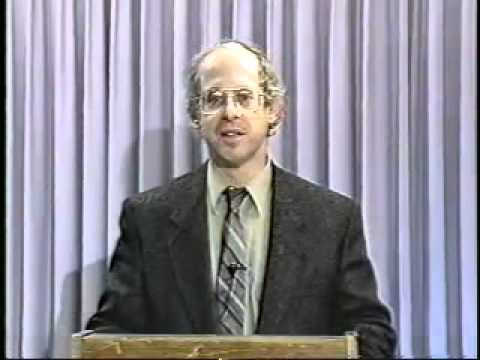This is an interesting point. I think it depends on the student. In my experience, many students want to learn from a native speaker, rather than a non-native English speaker. I’ve met students who far prefer to see English from a native-speaker perspective.
English can be very challenging: quite a large vocabulary compared to other languages, it’s not always phonetic, we have grammatical irregularities. But, it’s also the 3rd most spoken language in the entire world.
It also depends on WHY someone wants to learn English, what topics and to what depth, they may need to be involved in. How ‘precise’ a learner wants to be, also plays a role. Not all English speakers use slang. We have a wide range of accents and dialects. I struggle to understand some of our regional dialects and accents. There is no ONE special ‘English’. We have different dialects both nationally in the UK, and globally, which exist. Sadly, it’s usually Standard British English, General American English and maybe one or two other dialects that are most-taught and talked about. It’s a political, social and maybe economical consequence…perhaps.
English is a beautiful language, all its dialects are brilliant. BSL is brilliant. All languages are beautiful and brilliant, all have dialects, and many quirks. All have irregularities. I studied a bit of latin many years ago. There were irregularities there too. I tried learning French, but rapidly became annoyed at the lack of phoneticism. I could not match the shape of the word to the unpredictable sounds.  My teacher was awful too. Not because she was native speaking, but because she wasn’t great at communicating with us.
My teacher was awful too. Not because she was native speaking, but because she wasn’t great at communicating with us.
Language is very personal to each person. One learner may want to be taught by a native speaker, and another may prefer a non-native speaker. We are trained to avoid speaking like robots, or using unnaturally ‘clean’ speech, because that is completely unnatural in the English speaking world. We are trained to speak clearly, and to avoid slang. I can only speak for the establishment I trained at, I have no idea what other schools teach their teachers.  On the other hand, many of my students loved knowing slang words. All words were interesting to them. I was trained to teach English as it is used, not as a sort of static entity, if that makes sense. Just to add, on the issue of speed of speech, I think that this is, like you say, a subjective one. In the beginning, any language we want to learn, sounds horribly fast. My Spanish teacher sounds like a sports commentator to MY ears, because it’s new to me. However, once a learner begins to make progress, and has much more practice, the sounds start to make sense, even when fast. We have many, many people who come here for work, and they use English for work and leisure. It may not be easy in the beginning, but there’s a certain point we reach, and then things begin to make a lot more sense.
On the other hand, many of my students loved knowing slang words. All words were interesting to them. I was trained to teach English as it is used, not as a sort of static entity, if that makes sense. Just to add, on the issue of speed of speech, I think that this is, like you say, a subjective one. In the beginning, any language we want to learn, sounds horribly fast. My Spanish teacher sounds like a sports commentator to MY ears, because it’s new to me. However, once a learner begins to make progress, and has much more practice, the sounds start to make sense, even when fast. We have many, many people who come here for work, and they use English for work and leisure. It may not be easy in the beginning, but there’s a certain point we reach, and then things begin to make a lot more sense.
I think it’s horses for courses. Every student has different preferences. We have a lot of Chinese students in England who are here to learn English, from native English speakers. They are paying quite high fees in order to learn from qualified native speakers. Same for students from Japan, and the Middle East. It all depends on each person’s understanding of what’s best for them.
